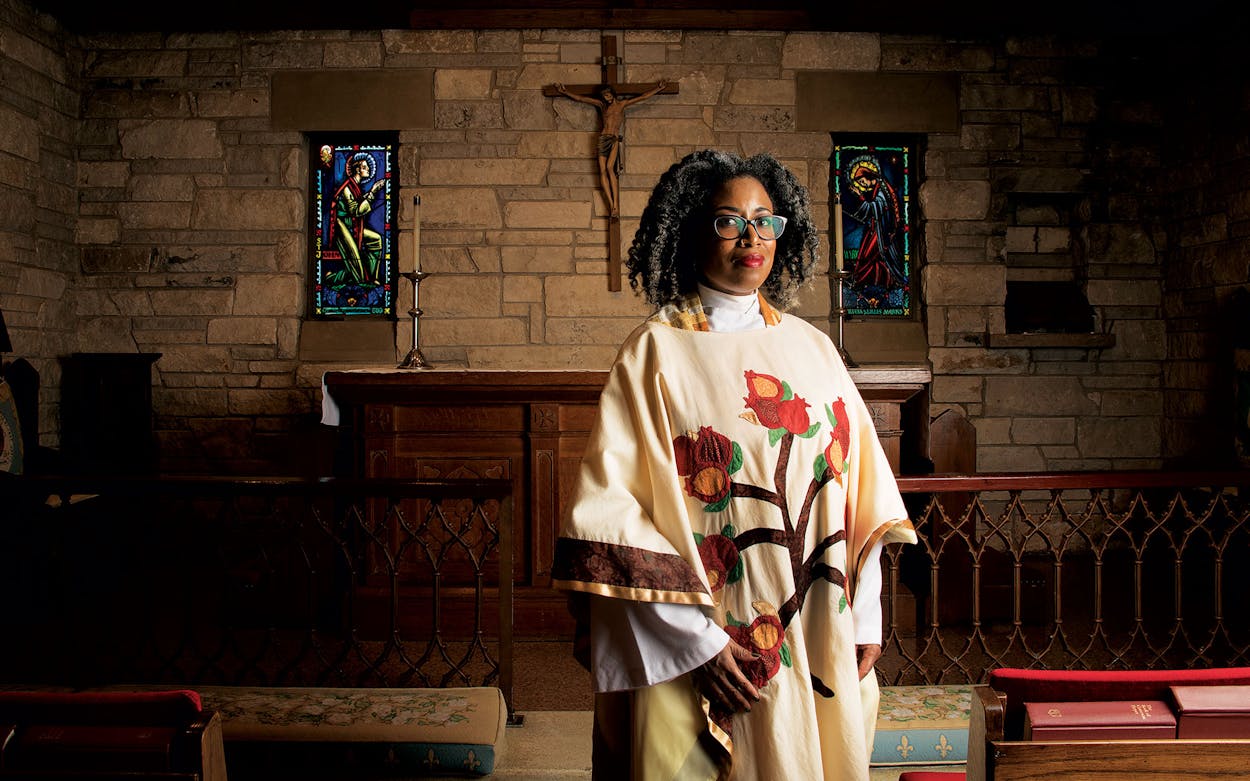When you have a patriarchal system in which women are told to submit to men, there’s a leadership hierarchy. You can’t grant free and equal consent when you depend on someone for your livelihood, whether you’re an actress or a layperson in a church; that power differential negates consent. It’s really important that you have women in leadership in all of these places, and that women and girls aren’t indoctrinated into thinking that men have a right to tell them what to do, including with their bodies and sexuality.
When that pressure comes from men who have leadership roles in a church, that’s very difficult to untangle, especially for a younger person, because you have a trust in that person as representing God. Sometimes the pastoral voice is instructive. That means it’s hard not to hear requests and demands from that authority and feel that you have to comply.
Churches are also excluded from some hiring laws. A church can be discriminatory. It can say, we really need our Sunday school teachers to belong to this denomination, and you can’t sue them for that. That means the church can let you go with much less stringent requirements, and even more so for volunteer positions. So the need to keep the pastor happy can hang over the head of a layperson or a clergy person.
One of the things that churches do poorly is misrepresent repentance when their leaders violate a congregation’s trust. A sincere repentance doesn’t mean you’re sorry, or even sorry you got caught. It means you have actually changed your mind, and understand that the thing was wrong. But repentance doesn’t mean that there are no consequences: for some actions, the consequence may mean that you can’t lead ministry anymore. It’s possible to understand that you have truly repented, but we can’t put you in a position of trust any longer.
The procedures to protect women have to be institutionalized and standardized. If your model for authority and leadership is that whatever the pastor in charge says goes, then you don’t have accountability. In our government, we have a judiciary and an executive branch and a legislature. Those three bodies are supposed to check each other so that one doesn’t lead the entire country in a direction that’s not appropriate. Pastors have to have checks too. We have to have a congregational board that has enough power and authority to say: this is how we hire people; these are the circumstances under which people can do it; this is how people who work in this environment are expected to behave.
To see resources about female mentorship, getting involved in local issues, and what to do if you experience sexual harassment, read here.
More from this collection
The Women’s Voices Project
In a series of as-told-to conversations, two dozen Texas women talk about gender, work, and what needs to change for women in their home state. Read their perspectives here.






